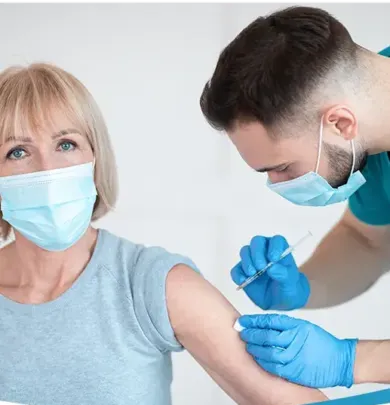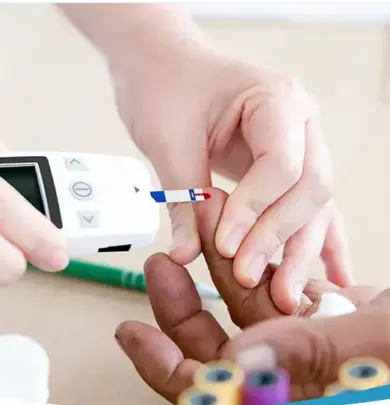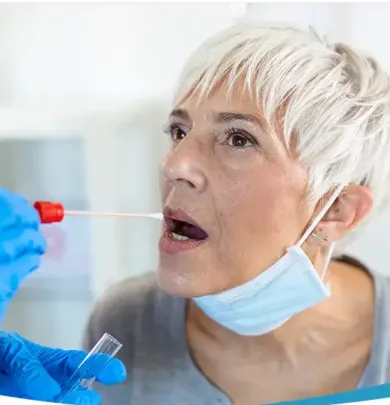A long-term care pharmacy is a special type of pharmacy that helps people who live in long-term care homes with their medications. These places include hospices, nursing homes, assisted living facilities, group homes, and others where people need long-term care and help every day. The main job of the pharmacist in long-term care is to make sure that the residents…









